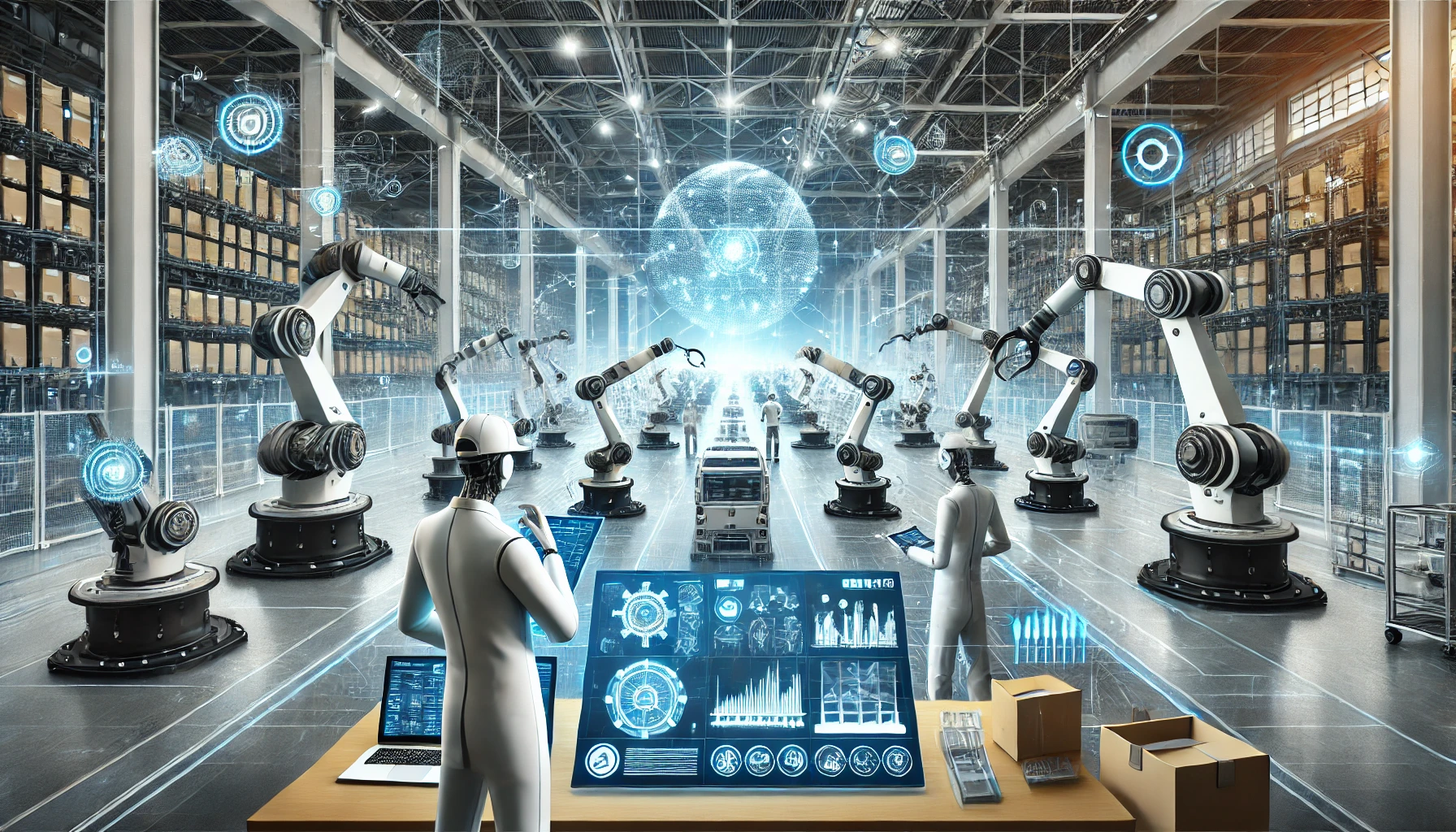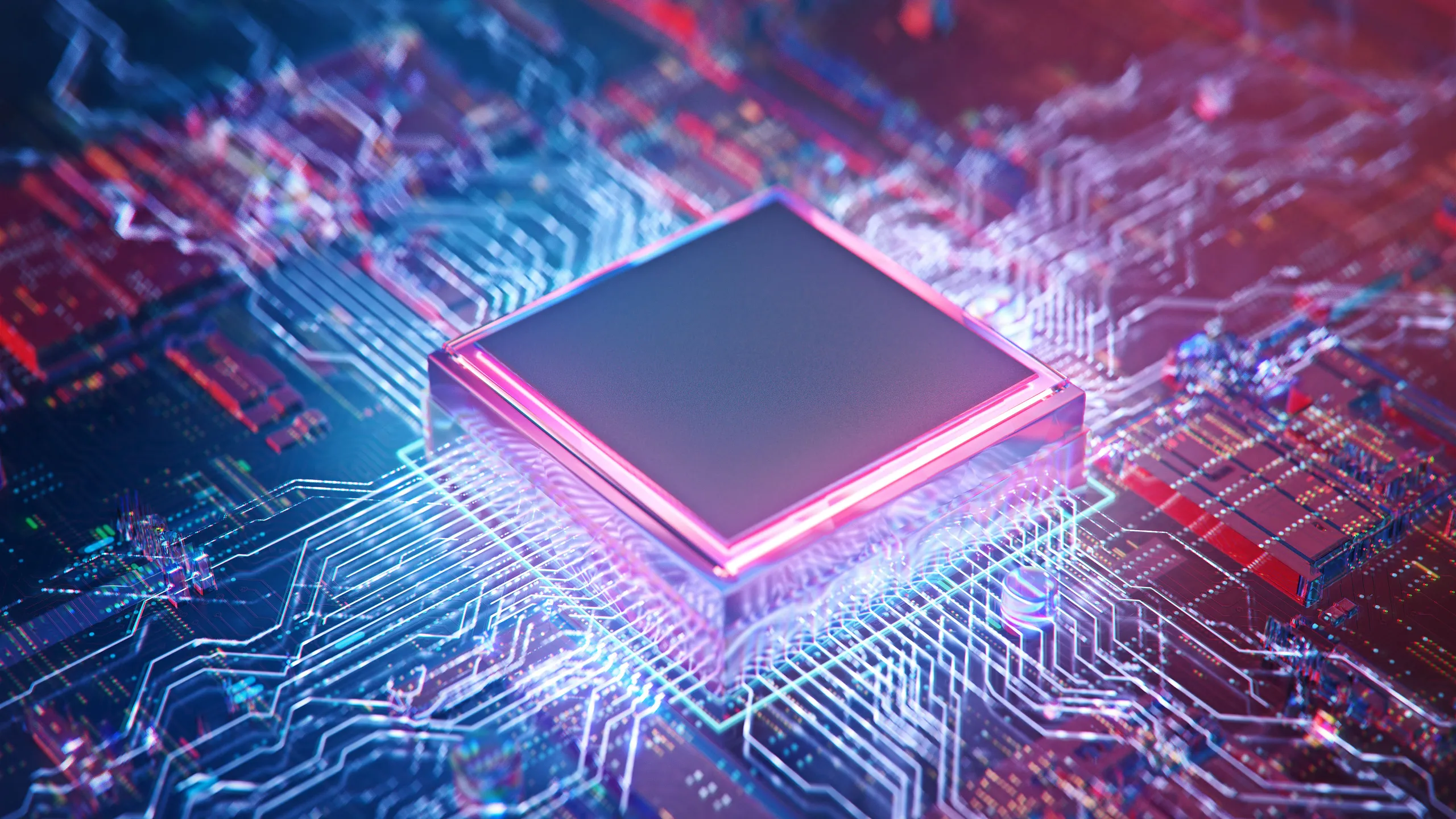The Rise of AI and Its Impact on Hardware Engineering
The rapid advancements in Artificial Intelligence are reshaping industries worldwide.
The rapid advancements in Artificial Intelligence (AI) are reshaping industries worldwide, and hardware engineering is no exception. AI-driven applications require cutting-edge hardware solutions, from specialized processors like GPUs and TPUs to quantum computing components that push the boundaries of computational power.
The Growing Demand for AI-Optimized Hardware
As AI becomes more sophisticated, the need for high-performance computing (HPC) and energy-efficient processors has skyrocketed. In 2023, the global AI hardware market was valued at approximately $22 billion, with projections to exceed $100 billion by 2030. Companies in the UK, Europe, and the US are investing heavily in research and development to compete with tech giants in China and Taiwan, which currently manufacture over 60% of the world’s AI chips.
Talent & Workforce Implications
With the increasing complexity of AI hardware, there is a growing talent gap. The demand for skilled engineers who understand AI algorithms, chip design, and embedded systems is surging. By 2025, an estimated 250,000 AI hardware engineers will be needed globally. To stay competitive, companies must attract and retain top talent, offering competitive salaries and reskilling opportunities.
Retraining vs. Importing Talent
Rather than relying on imported talent, businesses should invest in reskilling programs to train professionals in AI hardware engineering. Governments and private enterprises should collaborate on apprenticeships and technical education programs that transition software engineers and electrical engineers into AI-related hardware fields.
Conclusion
The rise of AI presents both opportunities and challenges for hardware engineering. Businesses that innovate and invest in AI hardware development will be best positioned to lead in this fast-changing landscape.









